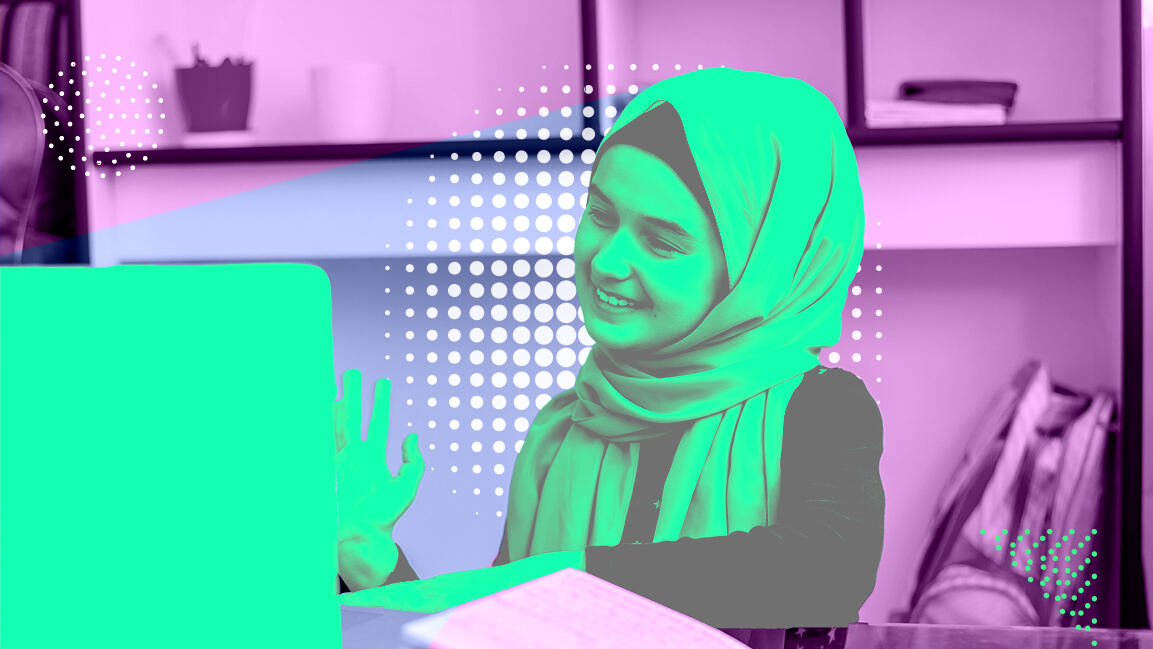- | 12:00 pm
UAE to integrate artificial intelligence into public school curriculum starting 2025
Students from kindergarten through grade 12 will study artificial intelligence as part of a nationwide initiative to prepare future generations for a technology-driven world.

Beginning with the 2025–26 academic year, artificial intelligence will become a formal part of the UAE’s public school curriculum, spanning all grade levels from kindergarten through Grade 12. The initiative was announced by His Highness Sheikh Mohammed bin Rashid Al Maktoum, Vice President, Prime Minister of the UAE, and Ruler of Dubai. He described the decision as crucial in preparing young Emiratis for a future shaped by digital transformation and technological innovation.
Sheikh Mohammed emphasized that the goal is not only to provide students with a technical understanding of AI but also to cultivate their awareness of its ethical dimensions, societal impact, and the evolving relationship between humans and machines. He stressed the importance of equipping the next generation with the tools and knowledge to adapt to challenges that differ from those of previous generations.
Trained educators will teach the new AI curriculum as part of the existing Computing, Creative Design, and Innovation subject. According to the Minister of Education, Sarah bint Yousef Al Amiri, the content will be integrated into the school day without requiring additional class time. Lessons will be age-appropriate and designed to gradually build understanding from early childhood through to high school graduation.
In kindergarten, students will be introduced to the basics of AI through storytelling, games, and visual learning. In primary grades, they will begin to compare the functions of machines and humans, build digital thinking skills, and explore simple applications of AI. As they move into middle school, students will take on more advanced tasks, such as designing AI systems, examining algorithms’ functions, and discussing the importance of ethical decision-making in technology.
When students reach secondary school, they will engage with more advanced topics, including AI system design, command engineering, and simulations that mirror real-world challenges and use cases.
The curriculum will also encompass data analysis, software development, innovation through AI, and the policies governing its use in society. Lessons will promote critical thinking and hands-on exploration, fostering creativity and problem-solving skills throughout the learning process.
To ensure consistent delivery across all schools, the Ministry of Education will supply teachers with a complete package of support materials. These will include adaptable lesson plans, ready-to-use activities, and classroom templates tailored to various learning environments.
With this bold move, the UAE joins a select group of nations taking proactive steps to embed AI literacy in foundational education. It reflects the country’s broader goal of nurturing a generation capable of leading in science, technology, and innovation.
“Our responsibility is to prepare our children for a time unlike ours,” Sheikh Mohammed said. “They must be equipped with the knowledge, skills, and mindset to continue our nation’s journey of development for decades to come.”































